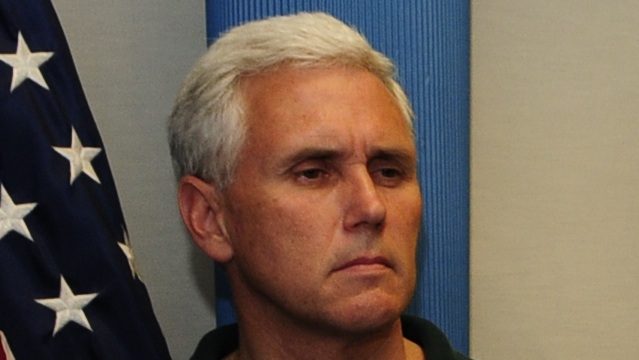NIH Director Francis Collins Discusses the Human Genome, Stem Cells and the Intersection of Science and Faith

When Dr. Francis Collins was nominated by President Obama to be director of the National Institutes of Health in the summer of 2009, there was little dissent in Congress. One of the foremost scientists in the world who was instrumental in sequencing the human genome, Collins was confirmed unanimously just four weeks after being appointed. He now sets the NIH’s priorities and presides over the government-funded advancement of some of the most cutting-edge medical technologies and treatments.
In his Big Think interview Collins speaks about the process through which the NIH decides which medical research projects to fund. Less than 20% of the research proposals that are presented to the Institutes are approved, and Collins admits that scientific opportunity is a big part of the equation: “There’s no point throwing money at a problem if nobody had any ideas about how to move the ball forward,” he says. “And you can see then sometimes when a rare disease which may not affect that many people hits that moment of scientific opportunity, and oftentimes rare diseases teach you a thing about common diseases as well.”
Collins also talks about the difficulty of assessing “return on investment” for medical research; he says the agency tries to figure out the relative per-dollar benefit of the various programs it funds, but “the real return you’re looking for is clinical benefits, diagnostics, therapeutics, preventive measures,” and the lead time in those is often measured in years. To this end, he says the NIH has to play a larger role in working with the private sector to get more effective treatments through the development pipeline, approved by the FDA, and into the hands of the public.
Collins also talks about how the economic downturn has affected research projects, and how it has forced the NIH to hone its focus and be more specific in how it sets its priorities. “[The recession] forces us to say, we can’t do everything,” says Collins. “It forces us in some instances to close down programs that have been reasonably productive, but compared to what we’d like to do now in terms of new an innovative projects aren’t quite as compelling as if we had unlimited resources. It makes the job of a science manager a lot tougher, but is the reality of what we are currently living with.”
A devout Christian, Collins has been outspoken about his faith and has written several books about the intersection of science and belief—including the bestseller “The Language of God: A Scientist Presents Evidence for Belief.” He says it’s hard for many scientists to believe in God because science is about trying to get rigorous answers to questions about how nature works.” Some scientists see religion as a threat to the scientific method, but faith “is really asking a different set of questions,” says Collins, who doesn’t believe the two ideas need be in conflict. He says that whether a scientist is a believer or not should not have any affect on how they conduct their scientific inquiry, and says he wishes more scientists were willing “to stand up and say that faith and science need not to be in conflict.”
Recent legal questions around whether federal funds can be used for for human embryonic stem cell research has “cast a cold chill” through the field, says Collins: “I’ve spoken to many scientists involved in human embryonic stem cell research who are quite troubled about this and who, in many instances are questioning whether this is an area that they can continue to work without feeling as if their whole program could be pulled out from under them.”
Collins, the former director of the National Human Genome Research Institute, also gives a brief description of the process by which geneticists link genes to diseases, and talks about some of the things that surprised him in the process of mapping the human genome. He also talked about the promise of “personalized” medicines, which might one day be tailored to the specific DNA of the person afflicted with a disease. Collins says that he has been “a little disturbed” by cynicism about the promise of genetic medicines, and the clinical yield of treatments that have resulted from the mapping of the genome.
Finally, Collins also speaks about some of the greatest health risks facing the United States—notably the obesity epidemic and the attendant problem of diabetes that affects more and more Americans each year. He says that this wave of obesity, if not addressed, could “result in an outcome where our grandchildren will not live as long as we do and we would therefore turn down what has been upward curve in longevity over many decades.”





